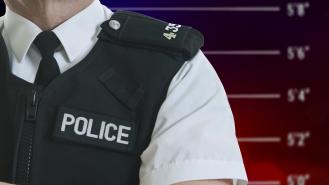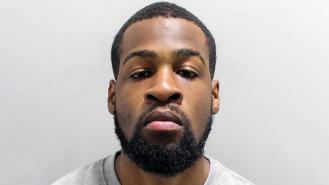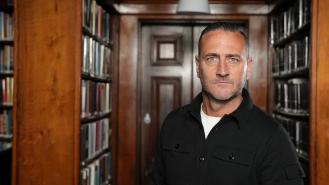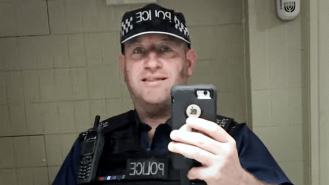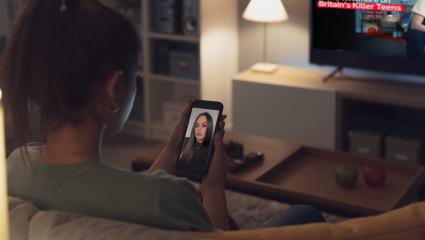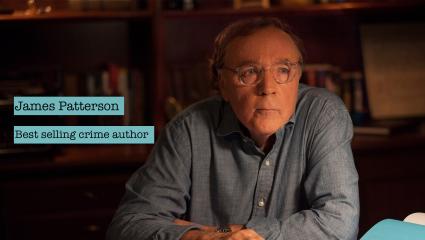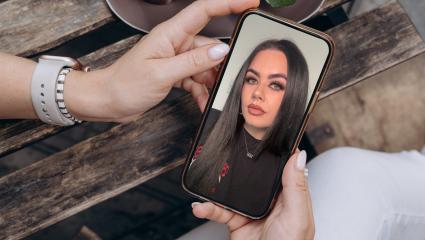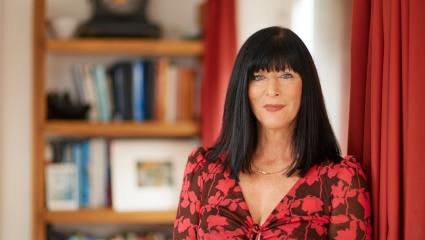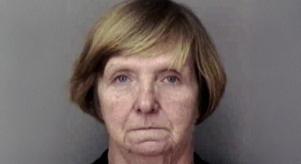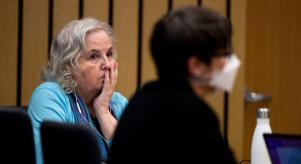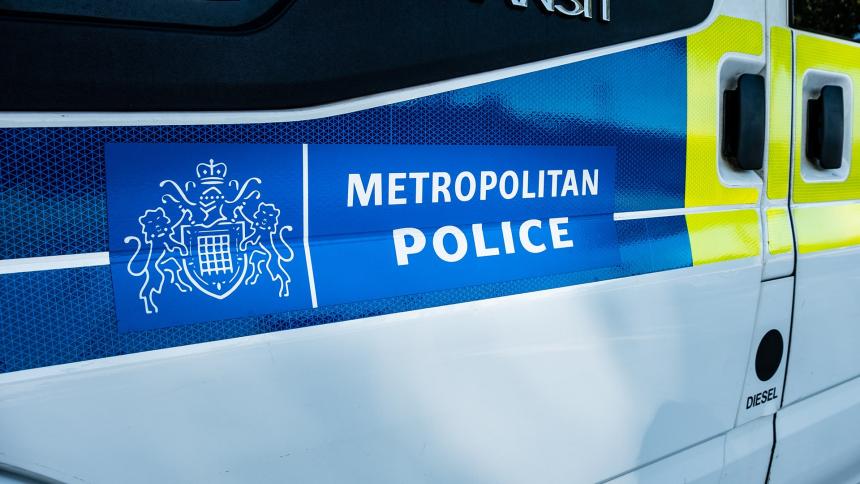
How racism, misogyny and misconduct still haunt British policing
Cops Gone Bad With Will MellorWhen the BBC released its latest investigation into the Metropolitan Police in October 2025, it exposed a disturbing picture of Britain’s largest force. Hidden recordings captured serving officers making racist and misogynistic remarks, revealing that a toxic culture continues to thrive behind police station doors.
For many, the findings were anything but surprising. Despite the Met’s assurances that it had stamped out 'toxic behaviours' following the horrific murder of Sarah Everard in 2021, reports of corrupt, abusive, and dangerous officers have continued to surface – many featured in Crime+Investigation’s Cops Gone Bad with Will Mellor.
In recent years, the Met has tried to convince the public that it is capable of reform. Yet, as the BBC investigation made clear, the problems run far deeper than leadership would like to admit. Questions of trust, accountability, and prejudice within British policing remain as pressing as ever.
‘A toxic culture’
The BBC’s investigation exposed shocking footage from inside one of the Met’s busiest custody suites – Charing Cross police station, a site previously under scrutiny for allegations of bullying and discrimination.
An undercover reporter, posing as a new recruit, captured officers joking about violence, dismissing victims of rape and domestic abuse and making racist remarks. Among those filmed was Sergeant Joe Mcllvenny, an officer with nearly 20 years’ service, who dismissed a colleague’s concern about the safety of a pregnant woman, who claimed she had been raped and attacked. 'That’s what she says,' he was recorded as saying.
Another officer laughed as he described watching a colleague stomp on a suspect’s leg – and offered to lie in a statement to cover for him. Meanwhile, an off-duty officer was recorded saying that migrants who overstay their visas should 'get a bullet through the head,' adding that rapists should 'bleed out'.
The footage revealed a disturbing camaraderie built on violence, misogyny and racism – and a culture of silence where officers appeared confident no-one would blow the whistle.
The findings echo the Casey Review (2023), which branded the Met 'institutionally racist, misogynist and homophobic'. Commissioned in the wake of Sarah Everard’s murder by serving officer Wayne Couzens, the report called for sweeping reforms. But, as demonstrated by numerous officers in the BBC’s report, little appears to have changed.
When power turns dangerous
The line between protecting the public and abusing power has always been a fine one. In recent years, Britain has witnessed a series of cases where serving police officers committed shocking crimes – men who exploited the authority of their position to harm people they were meant to protect.
Some have been high profile, such as Couzens and David Carrick, who was convicted of dozens of rapes and assaults. Others are less well known, but no less shocking.
Cops Gone Bad has shone a light on many of these cases - from Adrian Trevor Moore, a Merseyside Police officer jailed for stalking and harassing women to Timothy Brehmer, who killed his lover in what he claimed was a 'tragic accident'
The story of Snapchat groomer Lewis Edwards, serial rapist Cliff Mitchell and Adam Provan, convicted for the rape of a 16-year-old, further highlights the extent of the problem.
Each example has one disturbing theme in common: power without accountability. It’s something that Will Mellor has become all too familiar with while hosting Cops Gone Bad.
'The message hasn't got out there,' he says, reflecting on the Mitchell case in particular. 'You’d think they would realise, "We cannot let one more person slip through this net" and then straight away, Mitchell slipped through. He may have seen Wayne Couzens on the news and thought he had a chance to get away with being a rapist. That sickens me.'
The BBC’s undercover footage exposes how a culture of silence and complicity can allow such individuals to thrive. It shows officers confident they can bend rules, mock victims and use excessive force – with little fear of consequences.
For victims of domestic abuse, racial discrimination and sexual violence, the impact is devastating. When those sworn to uphold the law become perpetrators, trust erodes not just in the Met, but in British policing as a whole.
A crisis of confidence
For a police force once seen as the gold standard of British law enforcement, the Met now faces an uphill struggle to regain lasting trust. Since the BBC’s investigation, the force has suspended eight officers and referred itself to the Independent Office for Police Conduct.
Commissioner Sir Mark Rowley has refused to resign, and has instead promised reform. However, the problem runs deeper than a few 'bad apples'. It’s about systems that enable abuse, a culture that silences whistleblowers and a lack of transparency that allows dangerous individuals to remain in uniform. With every new scandal, public trust is further eroded.
As Cops Gone Bad has shown, these are not isolated incidents. The series has documented how authority and opportunity can turn toxic – and how institutions often fail to act until it’s too late.
'My question a lot of the time is, do they join the force as a control freak or do people join the force and then get power hungry?' Will adds. 'Does the badge turn them into that kind of person? These are questions that we still need to ask.'
The BBC’s latest revelations suggest that warning signs are still being ignored. Until police forces confront the culture that shields misconduct, cases like these will continue to emerge – and the thin blue line will only grow thinner.
Love true crime? Stay in the know with the Crime+Investigation Newsletter! Get exclusive access to new articles, episodes, clips, competitions and more – delivered weekly and completely free. Don't miss out – sign up today!
